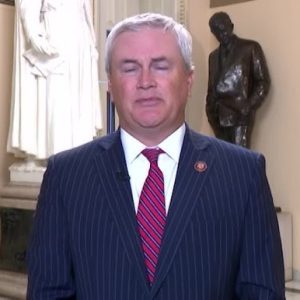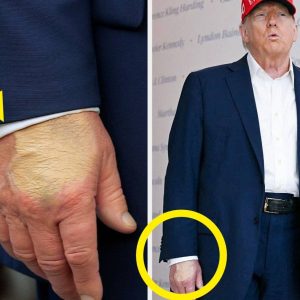Imagine having a golden ticket—not to Willy Wonka’s chocolate factory, but to permanent residency in the United States. That’s the essence of Donald Trump’s latest proposal: a $5 million “gold card” visa, an idea that could completely reshape America’s investor immigration landscape.
This initiative, which Trump mentioned during a speech in South Carolina, is being positioned as a more straightforward and lucrative alternative to the existing EB-5 visa program—a pathway for wealthy foreign investors to secure U.S. residency through business investments. But how does it compare to current visa options, and what impact could it have? Let’s dive in.
The Existing EB-5 Visa: A Complex, Job-Focused Pathway
Currently, the EB-5 Immigrant Investor Program allows foreigners to apply for a green card if they invest a minimum of $800,000 to $1.05 million in a U.S. business that creates at least 10 full-time jobs. While the program has led to billions of dollars in economic investment, it’s often criticized for being slow, bureaucratic, and vulnerable to fraud.
Additionally, the EB-5 process can take several years due to long backlogs and strict regulatory hurdles, making it a less attractive option for ultra-wealthy investors seeking quick access to U.S. residency.
Trump’s $5 Million “Gold Card” Idea: A Simpler, Faster Alternative
Under Trump’s proposed plan, instead of investing in a business and waiting for job creation, applicants would simply pay $5 million directly to the U.S. government and, in return, receive a fast-tracked green card—or even a direct pathway to citizenship.
While details remain unclear, the fundamental idea is to provide a hassle-free, pay-to-play system that eliminates the need for business investments or job creation requirements.
This model is similar to “golden visa” programs found in countries like:
- Portugal & Greece – Offering residency in exchange for real estate or financial investments.
- Dominica, Grenada, & Saint Kitts and Nevis – Providing direct citizenship for a government donation (usually around $200,000–$300,000).
- Malta & Cyprus – Once offering EU citizenship for million-dollar investments before facing EU regulatory backlash.
Trump’s plan would place the U.S. at the top of the market, making it the most expensive golden visa program in the world.
Who Would This Appeal To?
The $5 million price tag suggests this visa is exclusively for ultra-high-net-worth individuals—billionaires, business tycoons, and celebrities looking for security, global mobility, and a U.S. passport without the complexities of traditional immigration.
This might appeal to:
- Chinese investors looking for a faster alternative to EB-5, which currently has long wait times.
- Russian & Middle Eastern elites seeking Western residency amid geopolitical instability.
- Silicon Valley entrepreneurs & crypto moguls wanting a U.S. base without long visa processes.
Potential Pros & Cons
✅ The Potential Benefits:
- Huge Revenue for the U.S. – If just 1,000 people apply, that’s an easy $5 billion in government revenue.
- Faster, More Efficient System – No need for business regulations or job-tracking requirements.
- Enhanced Global Competitiveness – The U.S. would become a top destination for wealthy investors.
❌ The Risks & Controversies:
- “Selling Citizenship” Criticism – Some may argue this puts American residency up for sale to the highest bidder.
- National Security & Vetting Issues – Could the U.S. properly screen applicants if the focus is just on money?
- Impact on EB-5 & Existing Investors – Would the program make traditional investment visas obsolete?
Would Congress Approve This?
For the “gold card” idea to become reality, it would likely require Congressional approval—which may be difficult given the political sensitivities around immigration and wealth inequality.
While some lawmakers might support a revenue-boosting immigration strategy, others could argue it exacerbates inequality, giving the rich a shortcut while others wait years in visa lines.
Final Thoughts: A Game-Changer or Just Talk?
Trump’s $5 million visa is an eye-catching and potentially lucrative idea that could revolutionize U.S. immigration. However, many details remain unclear—including how it would be implemented, who would qualify, and how it would affect existing immigration programs.
If approved, it would make U.S. citizenship one of the most expensive assets on the global market, setting a new standard in the world of investment visas. But for now, it remains just that—a bold, headline-grabbing proposal with an uncertain future.





